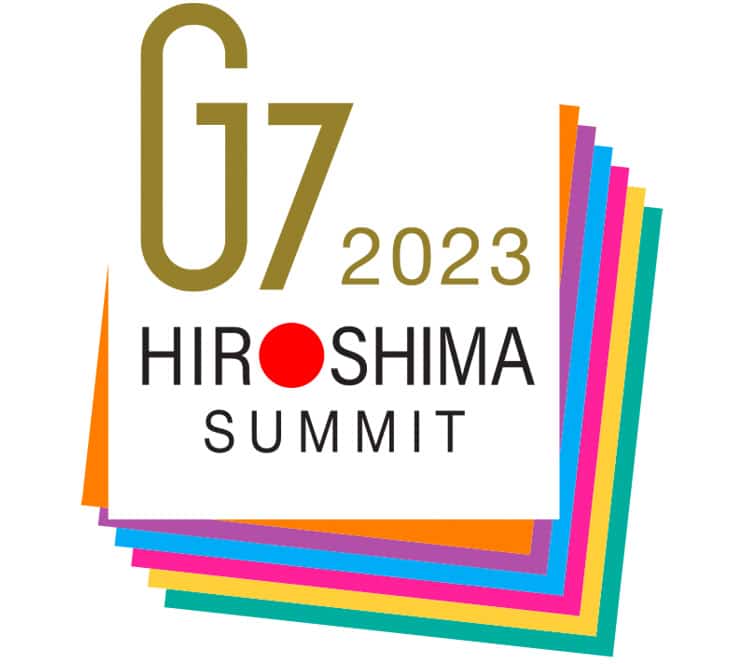The Group of Seven (G-7) Summit was set to start Friday in Hiroshima, Japan, with the ongoing Russia-Ukraine War as well as tensions between the U.S. and China top of mind.
The leaders of the seven major industrial democracies—Canada France, Germany, Italy, Japan, United Kingdom, and the U.S.—will discuss global relations and the world economy,
Several more invited nations’ leaders have been invited as well: Australia, Brazil, India, Indonesia, South Korea, and Vietnam. They all play pivotal roles in the ongoing tensions between the U.S. and China.
Before departing Washington for Japan, Biden said he would carve out time to meet with the other so-called “Quad” nations’ leaders—Australia, India and Japan—since their follow-up Quad summit in Sydney had to be canceled so that Biden can get back to the U.S. to try and resolve the ongoing debt ceiling dispute with Congressional Republicans.
During the G-7 Biden is expected to announce an executive order to curb U.S. firms’ investments in China, while Treasury Secretary Janet Yellen said during a May 11 meeting of G-7 finance ministers that the federal government is looking at measures aimed at countering China’s use of “economic coercion” against other countries.
Meanwhile, Ukrainian President Volodymyr Zelensky is slated to attend the G-7 virtually. Additional sanctions against Russia are expected to be announced during the three-day event.
Talking to reporters on Air Force One en route to the summit, National Security Advisor Jake Sullivan said those sanctions will be levied with a focus on “making sure that we are shutting down evasion networks, closing loopholes in the sanctions so that the impact is amplified and magnified in the in the months ahead.”
He added that the U.S. will introduce a package of sanctions “that will center on this enforcement issue.”
The European Union is also in talks about new sanctions, which EU commissioner Mairead McGuinness has previously said would aim to cut off finance and technology to prevent the Russians from “reinvent[ing] their war machine.”
Countering the G-7, Chinese President Xi Jinping kicked off a summit of his own on Thursday. The leaders of five former Soviet republics—Kazakhstan, Kyrgyzstan, Tajikistan, Turkmenistan and Uzbekistan—arrived in Xi’an, China for the inaugural China-Central Asia summit.
The two-day meeting is part of China’s goal to strengthen its economic and political partnerships, and to counter what it sees as a U.S.-dominated world order trying to suppress China.


